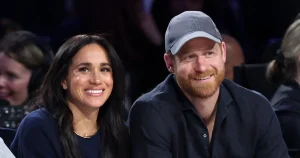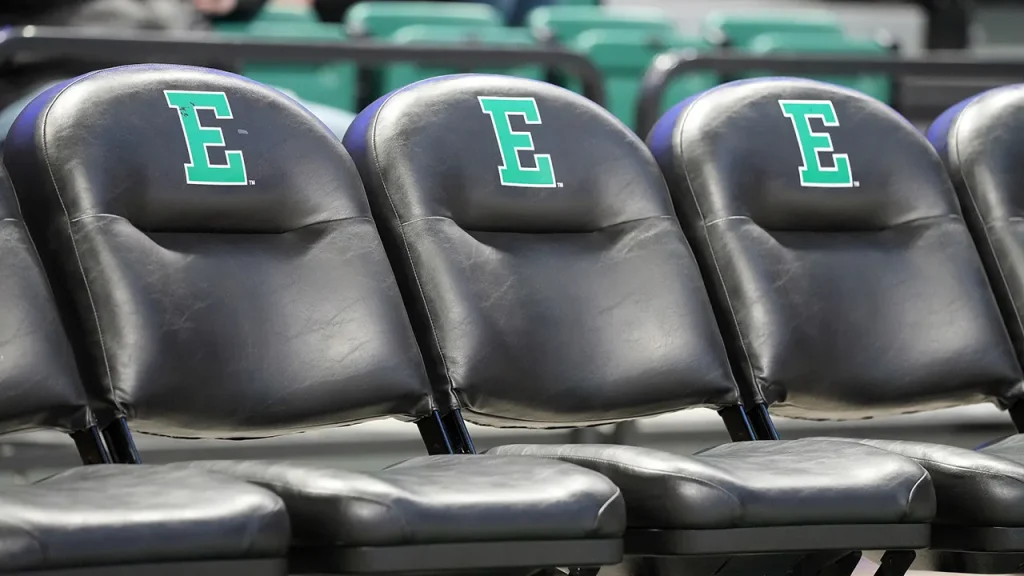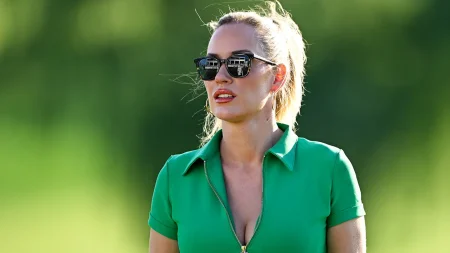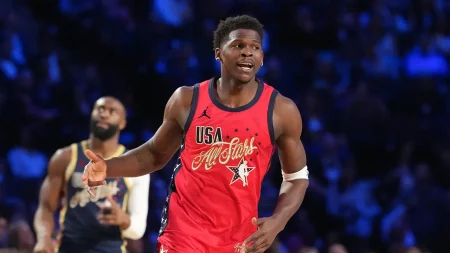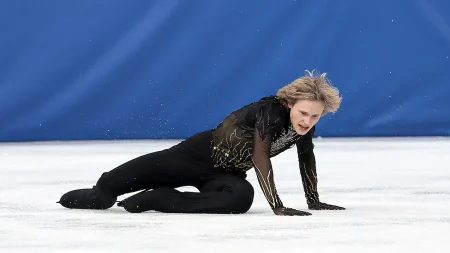Basketball Betting Controversy: Former Eastern Michigan Players Under NCAA Scrutiny
In a developing story that highlights the growing intersection of college sports and gambling, three former Eastern Michigan University men’s basketball players have become entangled in an NCAA investigation over potential sports betting improprieties. Jalin Billingsley, Da’Sean Nelson, and Jalen Terry—all key players from the Eagles’ 2024-25 roster—have refused to cooperate with NCAA officials looking into suspicious betting patterns surrounding Eastern Michigan games, particularly a January 14 matchup against Central Michigan.
The investigation began when NCAA enforcement personnel identified unusual betting activity related to Eastern Michigan games. In January, the NCAA took the significant step of imaging the personal phones of all three players as part of their probe. This digital evidence might have provided critical insights into whether these student-athletes had violated NCAA regulations prohibiting sports gambling by players. However, the investigation hit a roadblock when all three former Eagles declined to participate in interviews with investigators. Through their legal representatives, they not only refused to cooperate but also requested that the NCAA delete the images taken from their phones.
This case highlights the NCAA’s ongoing battle against gambling influences in college sports at a time when sports betting has become increasingly accessible and normalized across America. The lack of cooperation from these former players is considered a serious violation of NCAA rules, potentially triggering permanent loss of eligibility. However, since all three athletes have already exhausted their collegiate eligibility, this particular consequence holds little practical effect. The NCAA emphasized in their statement that “when individuals choose not to cooperate—particularly when cases involve potential integrity issues—those choices can and will be met with serious consequences including prohibitions on athletically related activities, the loss of eligibility and/or being publicly named in an infractions decision.”
The three players at the center of this controversy were standout performers for Eastern Michigan during the 2024-25 season. Terry led the team in scoring with an impressive 16.6 points per game, while Nelson—a transfer from DePaul—was close behind with 16.1 points per contest. Nelson has since moved on to professional basketball, recently signing a contract with Fribourg Olympic Basket in the Swiss Basketball League. Their on-court contributions made them visible figures in the Mid-American Conference, which only intensifies the scrutiny surrounding these allegations. Despite attempts to contact them, none of the former players have provided public comments regarding the investigation.
The NCAA’s inability to secure cooperation from the athletes has effectively stalled the investigation, leaving unanswered questions about whether actual sports gambling violations occurred. Without player interviews or access to analyze their phone data, NCAA enforcement personnel face significant challenges in determining if these athletes placed bets on college sports—particularly their own games—which would represent a serious breach of sporting integrity. This case is part of a broader pattern, as the NCAA disclosed that a total of 13 athletes across six different schools are currently under investigation for alleged sports wagering violations.
This situation emerges against a backdrop of increasing concern about gambling’s influence on sports at all levels. Just recently, several NBA figures were implicated in an illegal gambling probe, suggesting that the challenges of maintaining sporting integrity extend beyond college athletics. As sports betting continues to expand across the United States following the 2018 Supreme Court decision that opened the door to legalized wagering, athletic governing bodies like the NCAA face mounting pressure to protect their competitions from gambling-related corruption while acknowledging the new reality of widespread betting accessibility. The Eastern Michigan case underscores the complexities involved in investigating potential violations, especially when those under scrutiny choose not to participate in the process.


